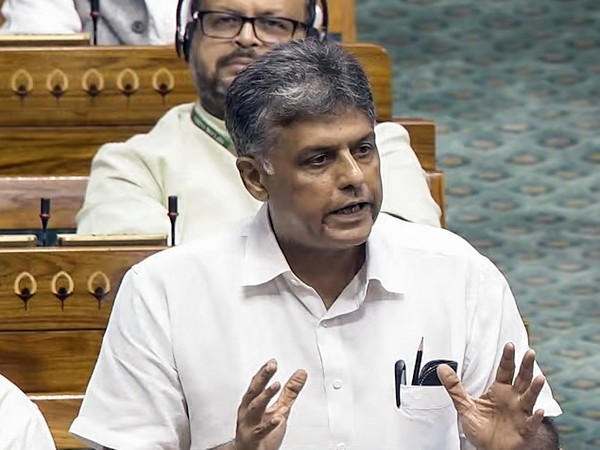Congress Challenges Spectrum Allocation Method in Parliament
Congress MP Manish Tewari questions the Indian government in Parliament over its decision to allocate space spectrum administratively instead of auctioning it. The government cites the Telecommunications Act of 2023 as a basis for this process, asserting that both auctioned and administratively assigned spectrums are chargeable.

- Country:
- India
In a heated winter session of Parliament, Congress Lok Sabha MP Manish Tewari raised serious inquiries towards the Minister of Communication regarding the government's approach to allocating space spectrum. Tewari questioned why the government opted for administrative allocation in place of auctioning, as prescribed by the 2012 Supreme Court ruling mandating auctions for natural resources.
Tewari pressed for information on whether any study was conducted to estimate revenue implications of this administrative process over auctioning, highlighting concerns about creating an "unfair cost advantage" for new entrants in the satellite market. He demanded a justification for this decision to ensure a level playing field with the legacy players who had acquired terrestrial spectrum through auctions.
Addressing Tewari's concerns, Minister of State for Communications, Pemmasani Chandra Sekhar, clarified that the Telecommunications Act of 2023 permits spectrum assignment through administrative processes for specific satellite services. The minister assured that recommendations from the Telecom Regulatory Authority of India on spectrum pricing are pursued to maintain fairness with terrestrial services, although they await TRAI's final recommendations.
(With inputs from agencies.)
ALSO READ
SEBI Auctions Properties to Reclaim Illegally Raised Funds
Punters throng London's historic Christmas meat auction
Revolutionizing Property E-Auctions: 'Baanknet' Portal Unveiled
Legal Battle over Citgo Auction: Judge Rules in Lawsuits' Favor
Secretary of DFS Launches Revamped ‘Baanknet’ E-Auction Portal to Streamline Property Auctions










